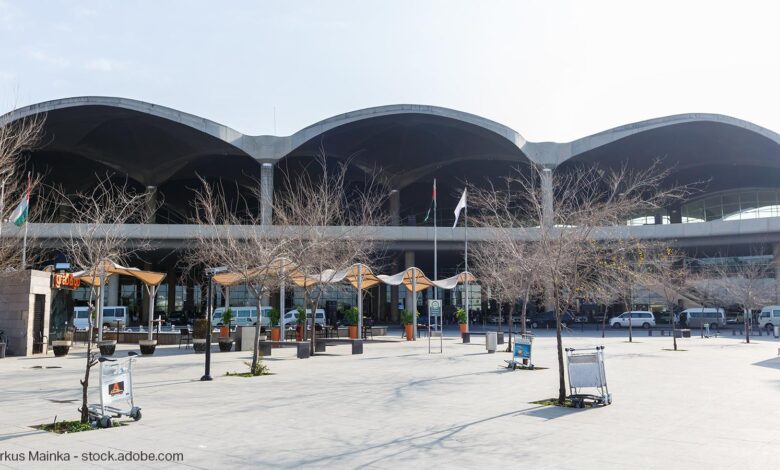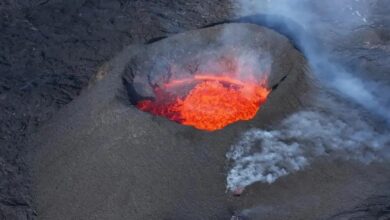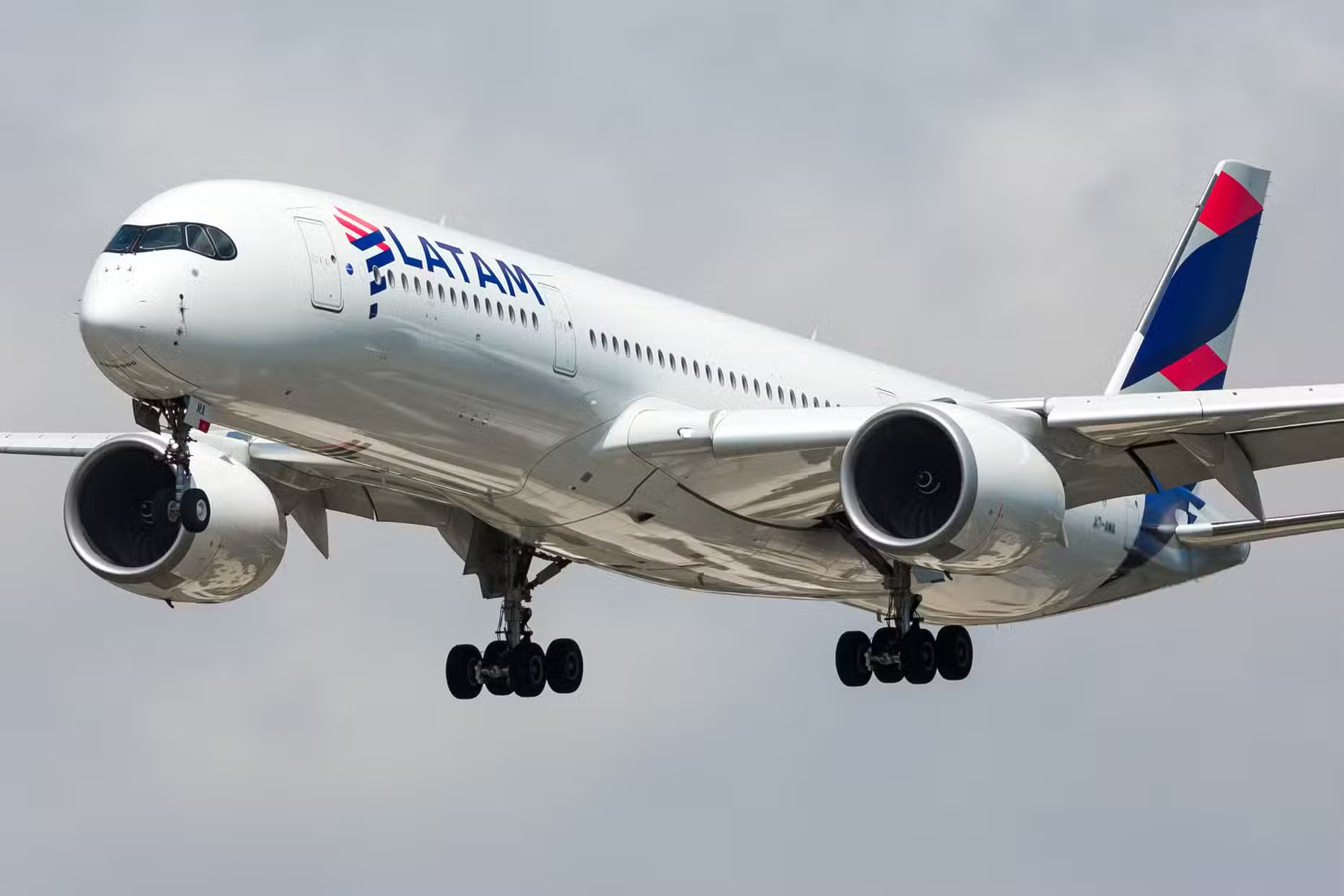Queen Alia Airport Renews Level 4+ Carbon Accreditation, Advances Sustainability Efforts

Queen Alia International Airport (QAIA) has renewed its Level 4+ certification under the Airports Council International (ACI) Asia-Pacific and Middle East Airport Carbon Accreditation Program, extending its validity until May 2028.
In a statement, Airport International Group confirmed that the renewed accreditation reflects QAIA’s steadfast commitment to environmental responsibility and climate action, in line with the global aviation industry’s goal of achieving net-zero emissions by 2050.
The Level 4+ certification acknowledges QAIA’s progress in aligning its carbon management strategies with international climate objectives. The airport has achieved significant reductions in carbon emissions, responsibly offsetting residual emissions within its operational control, and engaging business partners in collaborative sustainability initiatives.
Airport International Group noted that these measures will enhance support for airline partners striving to reach carbon neutrality targets. By leveraging QAIA’s advanced sustainability infrastructure, partners can reduce their operational carbon footprints and contribute to broader efforts to create a sustainable aviation sector.
“Reducing Queen Alia International Airport’s carbon footprint is a responsibility we have embraced from day one,” said Nicolas Devillier, CEO of Airport International Group. “This renewal sends a clear message to passengers, partners, the Jordanian government, and the wider community that QAIA is not only connecting people, but also leading the way in climate-conscious operations and sustainability.”
Devillier expressed appreciation for the dedication of the Airport International Group team and stakeholders, underscoring the airport’s progress in environmental initiatives since the opening of its new terminal in 2013. He highlighted QAIA’s steady advancement through the Airport Carbon Accreditation Program’s levels, achieving several regional firsts and becoming the first airport in the Middle East to reach Level 4+.
Among QAIA’s significant milestones is its 4.8-megawatt solar power plant, generating over 10.5 gigawatt-hours of clean electricity annually. This facility meets approximately 25 percent of the Airport International Group’s energy requirements and contributes to a reduction of about 12,000 tons of carbon dioxide emissions each year.
Devillier noted that this solar initiative not only positions QAIA among the largest solar-powered airports in the Middle East and North Africa but also supports Jordan’s national goal to increase renewable energy’s share in the energy mix.
QAIA’s environmental leadership has earned multiple accolades from ACI Asia-Pacific, including the Green Airports Recognition Silver Award in 2017 for Energy Management and the Gold Award in 2022 for Carbon Management.
Complementing its climate action, Airport International Group has also engaged in biodiversity conservation through tree-planting campaigns in the Giza area and the Dibbin Nature Reserve, reinforcing a holistic approach to sustainability extending beyond the airport’s operational footprint.




